

Leaders need to create ways for workers to get the skills needed for higher-paying jobs.


Millions in the Golden State are failing to keep on the right side of the growing wealth divide.
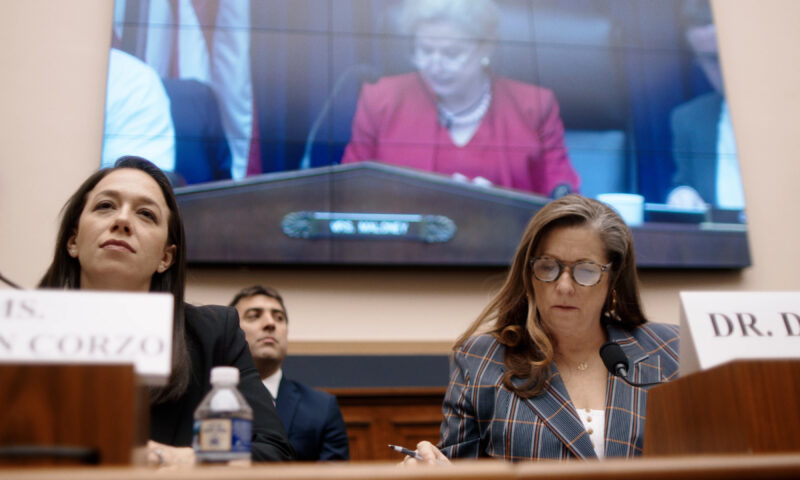

The granddaughter of Disney’s co-founder imagines a more equitable America, starting with better pay for Disney park workers.
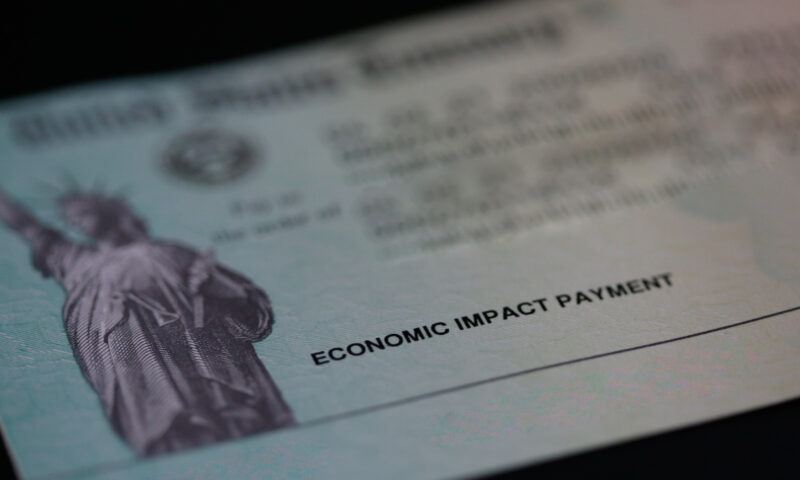

The secret to diminishing economic inequality: Government aid matters.


Even as retail and hospitality workers see pay hikes, the wealthiest Americans got even bigger raises during the pandemic — widening income inequality even further.
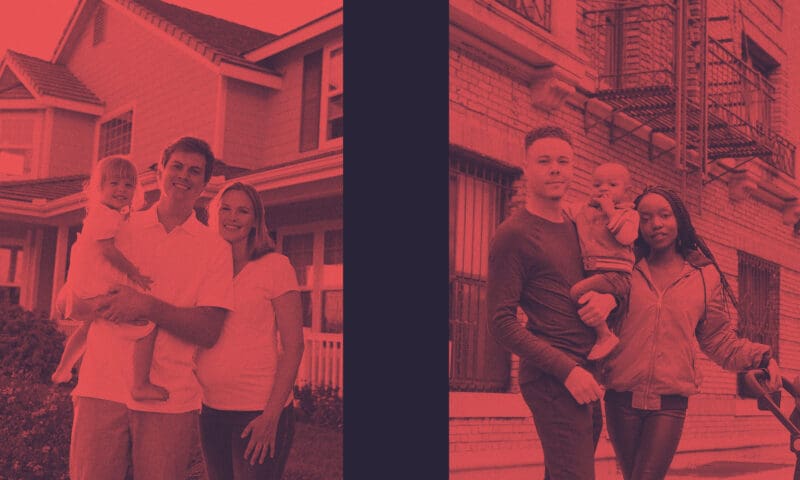

Despite gains in educational attainment and income, the wealth gap experienced by Black Americans is persistent.
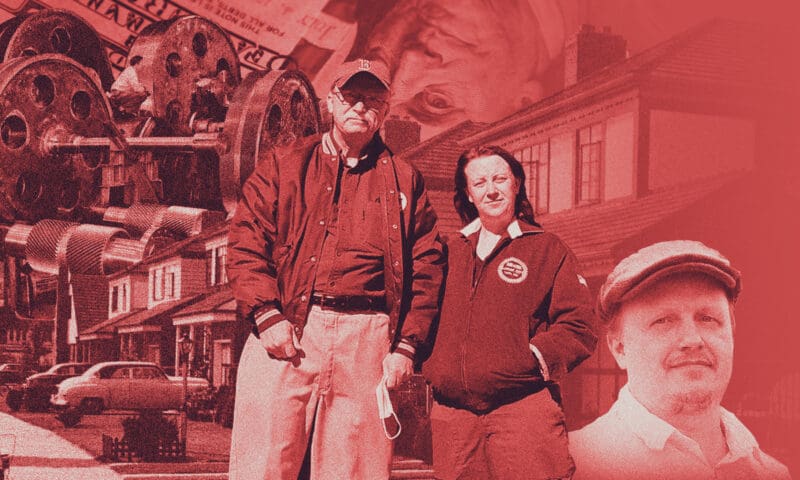

‘Why would I put my kids in a place where there is no future?’
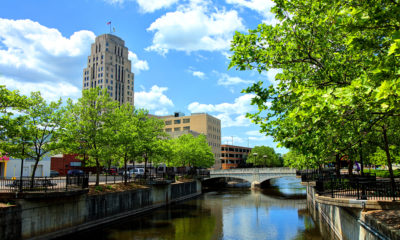

High unemployment and food insecurity plague a region that swung for Trump.
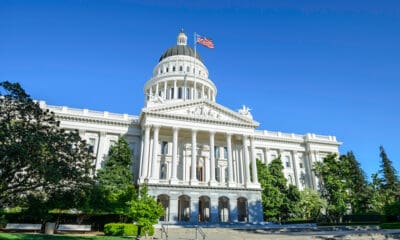
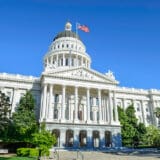
The overall ratio of CEO pay to average worker compensation is about 278 to one.


Test your knowledge about inequities in America’s health care system.


Measuring the shame of America’s “best economy ever.”


Surveys reveal that Americans have a very distorted sense of how unequal the country is. Try your luck at these questions about how our economy distributes wealth and income. No matter your score, you’ll be able to sign up for our newsletter so you can keep tabs on the United States of Inequality.


Co-published by Fast Company
California’s high rents are undermining tenants’ retirement prospects and the broader economy.
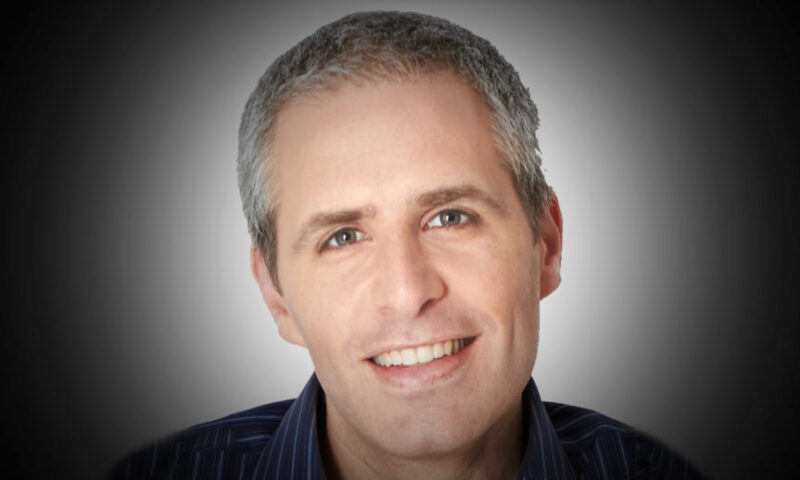

The New York Times has credited Sirota’s Wall Street reporting for showing “that secrecy can hide high fees, low returns, excess risk and the identity of politically connected dealmakers.”


Structured as a radio play, Pang! is made up of three stories of struggle and survival distilled from real-life accounts of impoverished families, including one from Los Angeles.
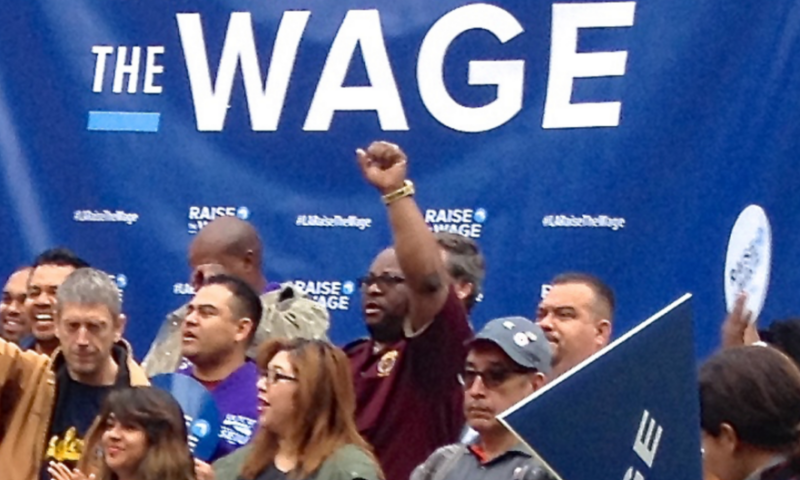
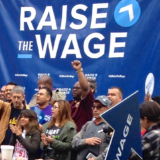
At a time when the income chasm between California’s wealthiest and poorest residents continues to be one of the widest in the nation, 2016 might become a watershed year in California’s ongoing struggle to achieve income equity for the state’s nearly 4.8 million low-wage households.
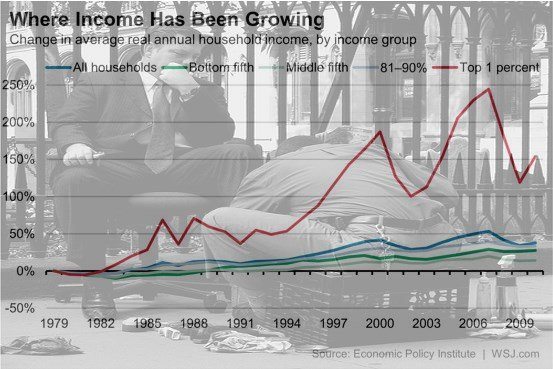
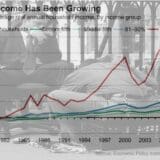
Americans don’t like inequality. We like to think of ourselves as a middle-class country where the top is not out of reach and the bottom doesn’t pose such a grim, cautionary specter that people fear for their livelihoods. We like to think that’s what makes us different from other societies. Or at least that’s the way it used to be.
CNN journalist John Blake, who grew up in Baltimore, remembers it this way: “Black men had good blue-collar jobs…Kids played baseball and basketball and every known sport at public fields and courts. We had summer jobs and internships.” Today, he says, “the factories and playing fields are locked behind gates or overgrown with weeds.”
Somehow the value of a stable, vital middle class has slipped from America’s vision for itself.
That shift characterizes America far beyond Baltimore. It describes the inequality that has replaced the solid middle class.
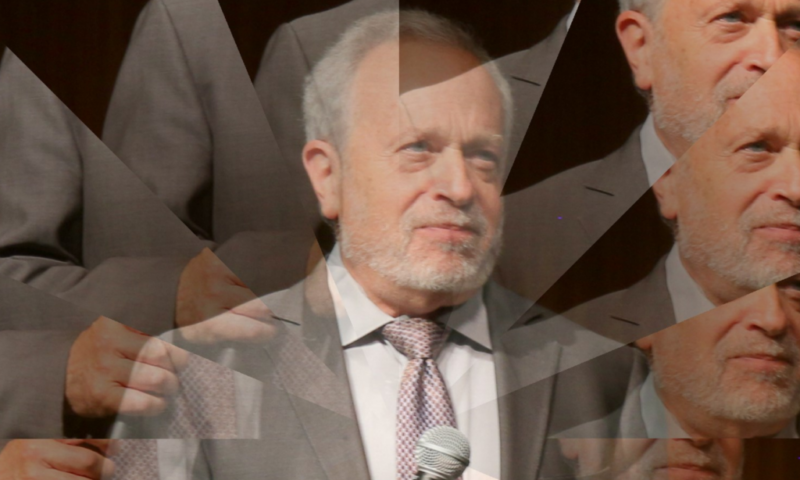

Robert Reich stepped down from his post as Labor Secretary in 1996 to spend more time with his teenage sons, Adam, now a sociology professor at Columbia University, and Sam, a writer and director who heads the video department at the popular comedy site CollegeHumor.com. (Reich and Clare Dalton divorced in 2012; he has since remarried.) Resuming the academic career he had embarked on in 1980 as a professor at Harvard’s John F. Kennedy School of Government, he took a position at Brandeis University and published a well-received serio-comic memoir about his years in the Clinton administration, Locked in the Cabinet.
Other than an unsuccessful run for governor of Massachusetts in 2002, he has spent most of the past two decades as a de facto Economic Educator in Chief for millions of Americans. Reich, who co-founded the American Prospect magazine,
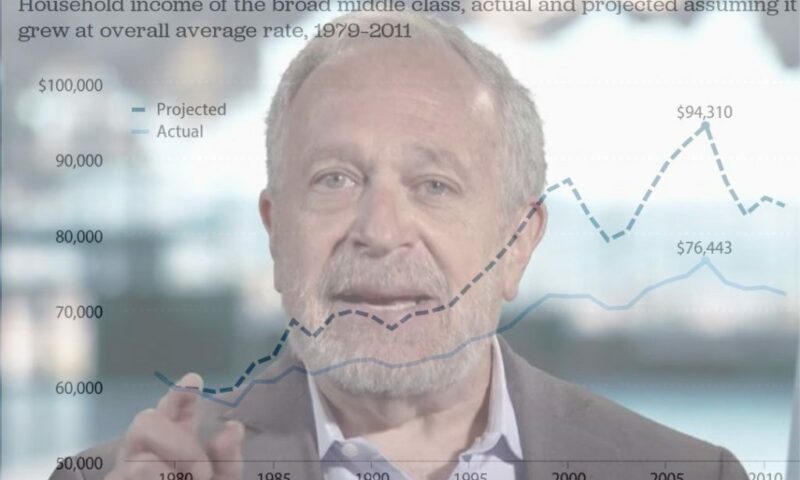
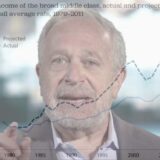
It’s two weeks before Thanksgiving, and a crowd of 500 people has filled the Silicon Valley Commonwealth Club to hear former U.S. Labor Secretary Robert Reich discuss a decidedly less than festive topic: How the economy is leaving most Americans behind. The subject, which inspired Reich’s latest book, Saving Capitalism, hits particularly close to home here, where uber-rich tech titans coexist with legions of low-wage workers, even as the middle class is increasingly squeezed out of nearby communities like Redwood City and Milpitas by ever-rising housing prices.
But Reich has no intention of bludgeoning his audience with bleak statistics and grim predictions. “As you can see, the economy has worn me down,” says the 4-foot-11-inch Reich, pausing as laughter spreads across the room. “Really, before the Great Recession I was, you know, 6 foot 2.”
Moments earlier,
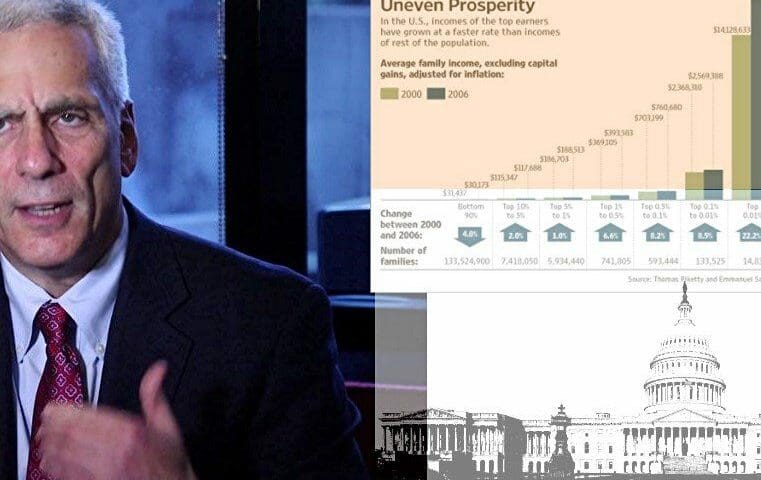
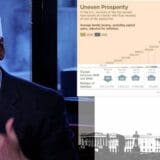
When Jared Bernstein recently sat down with Capital & Main, he had just been chosen as chair of the National Employment Law Project’s board of directors, while continuing his roles as a senior fellow at the Center on Budget and Policy Priorities, and as a frequent commentator on MSNBC and CNBC. Picked in 2009 by Joe Biden to be the Vice President’s top economic advisor, Bernstein had already distinguished himself as a passionate critic of inequality during his long tenure at the Economic Policy Institute, one of the country’s leading think tanks. His views on economic issues were well to the left of Obama’s and the rest of the President’s team, ensuring that progressive ideas would get a hearing inside the White House as the administration wrestled with the worst downturn since the Great Depression.
While Obama and his advisors succeeded in reversing the Great Recession’s massive job losses and saving the bacon of the financial industry,
» Read more about: Watch Now: Jared Bernstein on Inequality & Lip-Syncing Republicans »